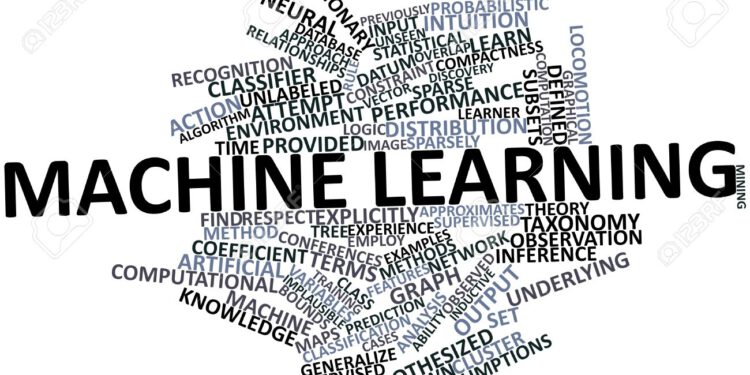Machine learning is, without a doubt, the fashionable term within the world of technology and within the field of artificial intelligence. And it is because it is a big step forward in knowing how a computer can learn.
But what is it used for? According to forbes magazine, these are the ten most common applications and uses that this discipline has:
1. Data security
The malware it is a growing problem today. Despite the fact that new malware appears almost daily, they usually have almost the same code as previous versions. In this way, machine learning can predict which files are malware with great accuracy. What’s more, machine learning algorithms can look for patterns in how data is accessed in the cloud and report anomalies that could predict security breaches.
2. Personal safety
Machine learning can also be an advantage in this regard. For example, it could serve to lighten security controls at airports, as it can help eliminate false alarms and detect anomalies in security projections that the human eye might not see clearly; in short, it would speed up the process while ensuring greater security.
3. Financial trading
Predicting how stock markets will behave is the dream of many. Thanks to machine learning this could become a reality. Many companies in the industry already use their own systems to predict and execute high volume operations at high speeds.
Although many of these operations may depend on probabilities, we are talking about a market with a relatively low probability, where these applications can generate huge profits and profits for businesses, and where humans cannot compete with machines when it comes to consuming large amounts of data at high speed.
4. Health care
In a study that used computer-aided diagnosis (CAD) to review the initial mammograms of women who later developed breast cancer, the computer detected 52% of the cancers up to a year before the women were officially diagnosed. This shows that machine learning algorithms can process more information and detect more patterns than a human mind. In addition, machine learning can also be used to warn disease risk factors in large populations.
5. Personalized marketing
Personalized marketing is based on a simple principle: the more you can know about the customer and their behavior, the better you can serve them and translate into more sales. Machine learning can help, and much, to improve this foundation. For example, it is increasingly common that after viewing a product in an online store, then we pursue an ad of the same product to finalize the purchase. And not only that, businesses can customize what emails a customer receives, what direct mails or coupons, what offers they see, what products are displayed as “recommended,” etc. – all designed to drive the consumer more reliably toward a sale.
6. Fraud detection
Machine learning is increasingly effective in detecting possible cases of fraud in different fields. PayPal already uses machine learning to combat money laundering; the company has tools that compare millions of transactions and can accurately distinguish between legitimate and fraudulent transactions, between buyers and sellers.
7. Recommendations
If you are a user of platforms like Amazon you already know what we talk about. Machine learning algorithms allow you to analyze the activity of a user and compare it with that of other users to determine what they would like to see or buy in the future. In this field the advances are incredible, for example, thanks to these algorithms the platform can detect that a user is buying an item that is not for him, but to give away.
8. Online search
This is perhaps the most famous use of machine learning. Google and its competitors are constantly improving what the search engine understands. Each time you run a search on Google, the program observes how it responds to the results. If a user clicks on the top result and stays on that web page, we can assume that they got the information they were looking for and that the search was successful.
If, on the other hand, you click on the second page of results, or type a new search string without clicking on any of the results, we can deduce that the search engine did not provide the results you wanted, and the program can learn from that error to offer a better result in the future.
9. Natural language processing (NLP)
A less common application but already being used in different disciplines. Machine algorithms with natural language can replace customer service employees and direct users faster to the information they need. It is being used, for example, to translate unclear legal jargon in contracts into plain language and to help lawyers order large volumes of information to prepare for a case.
10. Smart cars
According to an IBM study, it is expected that by 2025 we will be able to see smart cars on the road. In this sense, a smart car would not only integrate into the Internet of Things, but also learn about its owner and its environment. These vehicles could adjust internal settings (temperature, audio, seat position, etc.) automatically based on the driver, report and even troubleshoot, and drive and offer real-time advice on traffic and road conditions.









